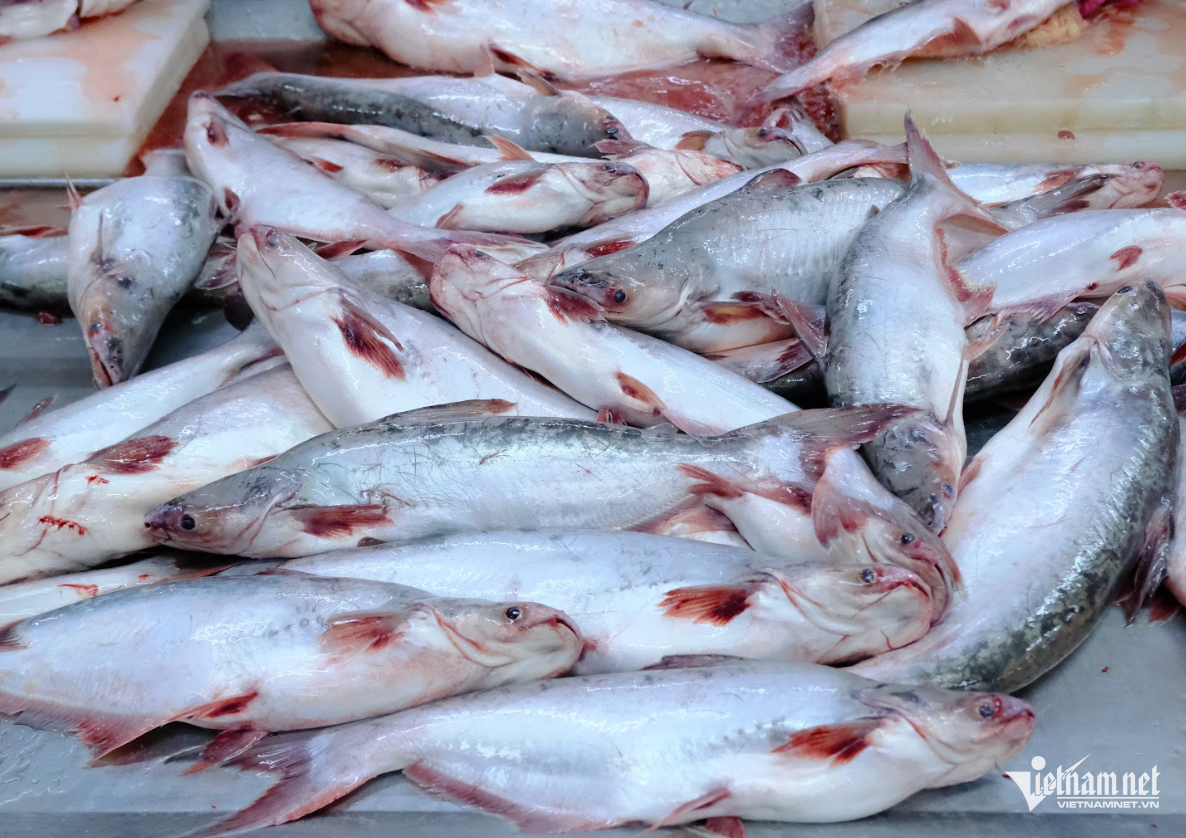
After years of negotiations, Vietnam and the United States have reached a bilateral agreement to resolve the dispute over anti-dumping duties on Vietnamese tra and basa fish fillets, bringing an end to the WTO case DS536.
Key points of the agreement
On January 17, in Washington, D.C., Vietnam’s Ministry of Industry and Trade, authorized by the Government, signed the agreement with the Office of the United States Trade Representative (USTR).
Under the agreement, Vinh Hoan Corporation, Vietnam’s leading tra and basa fish exporter and the only company eligible under US regulations, will no longer be subject to anti-dumping duties on its exports to the US market.
The US, a primary export market for Vietnamese tra fish, accounts for significant trade volumes, earning the nickname “billion-dollar fish.”
A landmark resolution
This marks the second time Vietnam and the US have reached a bilateral agreement to resolve a WTO dispute. The first was in 2016 when anti-dumping duties on warm-water shrimp exports by Minh Phu Seafood Corporation were lifted under case DS429.
The resolution of the tra fish dispute reflects goodwill and constructive negotiation efforts by both parties. Vietnam praised the proactive approach of the US, particularly the Department of Commerce and the USTR, in seeking bilateral solutions.
The agreement aligns with the broader context of strengthened ties between the two nations, particularly following their upgrade to a Comprehensive Strategic Partnership.
Background and significance
Vietnam initiated the DS536 case against the US at the WTO on January 8, 2018, alleging violations of WTO rules regarding anti-dumping duties on tra and basa fish.
In 2020, the WTO panel issued a draft ruling, prompting the US to propose delaying the report’s release to allow for bilateral negotiations.
The bilateral solution underscores Vietnam’s commitment to protecting its enterprises’ legitimate rights through international forums and mechanisms like the WTO dispute settlement system.
This achievement is the result of years of persistent collaboration among the Vietnamese Government, legal advisors, and the seafood industry.
Broader implications
The resolution highlights Vietnam’s growing integration into the global economy and its willingness to utilize international legal mechanisms to safeguard its trade interests.
For the US, adhering to the WTO ruling and seeking a bilateral resolution demonstrates a commitment to fostering stronger economic ties with Vietnam.
The agreement not only benefits exporters like Vinh Hoan but also strengthens the overall economic and diplomatic relationship between the two nations.
Tam An